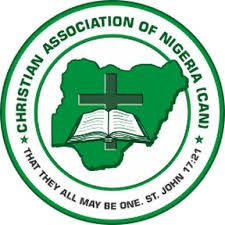
Naira free fall: Finance Minister, CBN governor, EFCC chairman meet, intensify action
The Finance Minister and Coordinating Minister for the Economy, Wale Edun has met with the Governor of the Central Bank of Nigeria, CBN, Olayemi Cardoso and the Chairman of the Economic and Financial Crimes Commission, EFCC, Ola Olukoyede.
The meeting, according to a statement signed by the Federal Ministry of Finance, was to strategise on stabilising the beleaguered currency.
“This afternoon at Finance HQ, HM Finance & Coordinating Minister for the Economy, Wale Edun, EFCC Chairman Ola Olukoyede and CBN Governor Olayemi Cardoso, engaged in a strategic discussion focused on enhancing the efficiency of our financial system and stabilising the Naira.
“The meeting highlighted our continuous efforts in aligning monetary and fiscal policies, underscored by a commitment to the rule of law.
“The EFCC Chairman reaffirmed the Commission’s support for these initiatives, emphasising his dedication to enhancing the integrity of financial regulations,” the finance ministry said.
The meeting came amid efforts to bridge the gap between the official and black market exchange rates, including this week’s EFCC raids on unauthorised foreign exchange operators.



